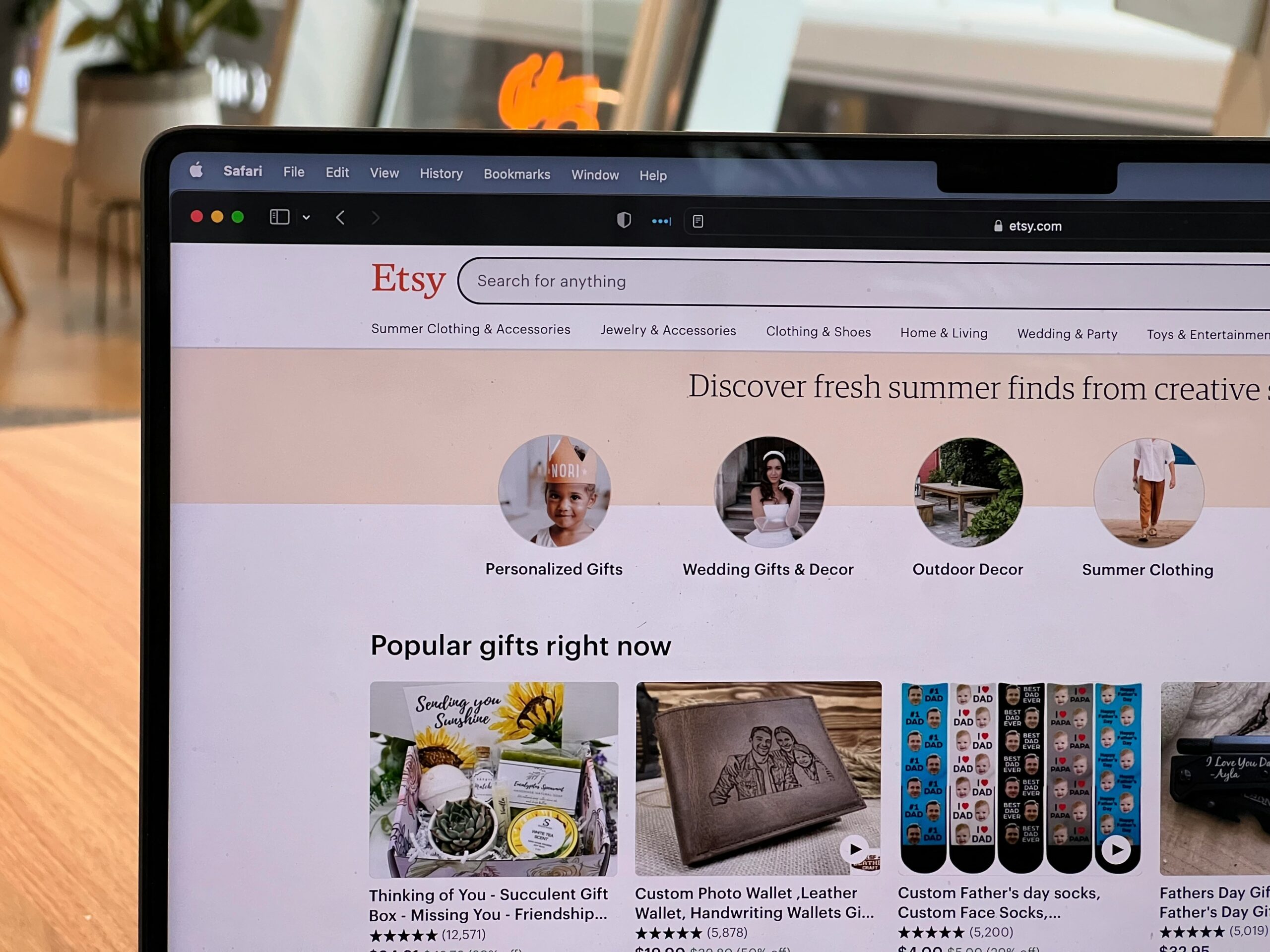Image credit: Unsplash
What is Delta Air Lines CEO Ed Bastian’s advice for anyone chasing their next promotion? In a word – “don’t.” Instead, he recommends focusing on your current responsibilities without fixating on your next promotion or job. Bastian believes this approach is far more effective for advancing your career in the long run.
Bastian’s career includes rising from an auditor at PwC to earning executive positions at renowned companies, including PepsiCo and Acuity Brands. He attributes his success to his simple strategy. In a recent appearance on LinkedIn’s “This is Working” podcast, the 67-year-old CEO emphasized the importance of concentrating on your current job rather than constantly looking ahead.
“Do a great job with what you have,” Bastian advised. “The job that you have, I learned early in my career, is the most important job to you at that time. And do a great job at that.”
While ambition and forward-thinking are often thought to drive success, Bastian warns that they can sometimes lead to distractions. For example, being eager to climb the corporate ladder can cause people to “take their eyes off the job at hand.” Your boss may interpret this behavior as uninterested or committed to your current job, which could stall your next career move.
Bastian’s philosophy is based on personal experience. Over the years, he eventually became Delta’s CEO by dedicating himself fully to each position he held without being overly concerned with future opportunities. “I’m the last person who thought I’d be sitting in this seat,” he admitted. I did not set my aspirations to be the CEO of an airline … I’d never been on an airplane [until] I was 25.”
Ultimately, Bastian’s advice can be summed up in one word: effort. The amount of effort you put into your current position can influence your ascension to future roles. Bastian believes that good bosses notice this effort and are likely to reward it.
Billionaire entrepreneur and investor Mark Cuban also supports this approach. He recommends that you take the initiative to solve problems, even when you’re not asked to do so. He further suggests that you exhaust every possible option to find answers to the organization’s challenges.
“The one thing in life you can control is your effort,” Cuban said last year in a LinkedIn video post published by entrepreneur and VC investor Randall Kaplan. “And being willing to do so is a huge competitive advantage, because most people don’t.”
However, not all efforts result in the desired outcome. Unfortunately, some supervisors may see you as so valuable in your current position that they’re reluctant to promote you. If this is your experience, leadership expert Jo Miller suggests an alternative approach.
In a 2015 LinkedIn post, she advocates that you help your colleagues develop their skills to better equip them to take over your responsibilities. This strategy is beneficial because your boss may perceive you as a mentor or leader and be encouraged to promote you.
Amazon CEO Andy Jassy believes employees can gain a competitive edge through the relentless pursuit of knowledge. In a video posted by Amazon, Jassy encouraged employees to seize every opportunity to learn and improve their performance. “You have to be ravenous and hungry to find ways to learn,” he said.
Over time, traits including relentless effort, taking initiative, or continuously seeking knowledge can set you apart from your peers, making you a stronger candidate for raises or promotions. Bastian’s own experience validates this strategy. “Do a great job and I guarantee, I know at Delta, you’ll be seen, you’ll be heard and people will take notice,” he stated.
Fast-tracking your career up the corporate ladder requires staying focused on where you are today. By working hard and excelling in your current role, you can build a foundation for ascending the corporate ladder one step at a time.

























































































































































































































